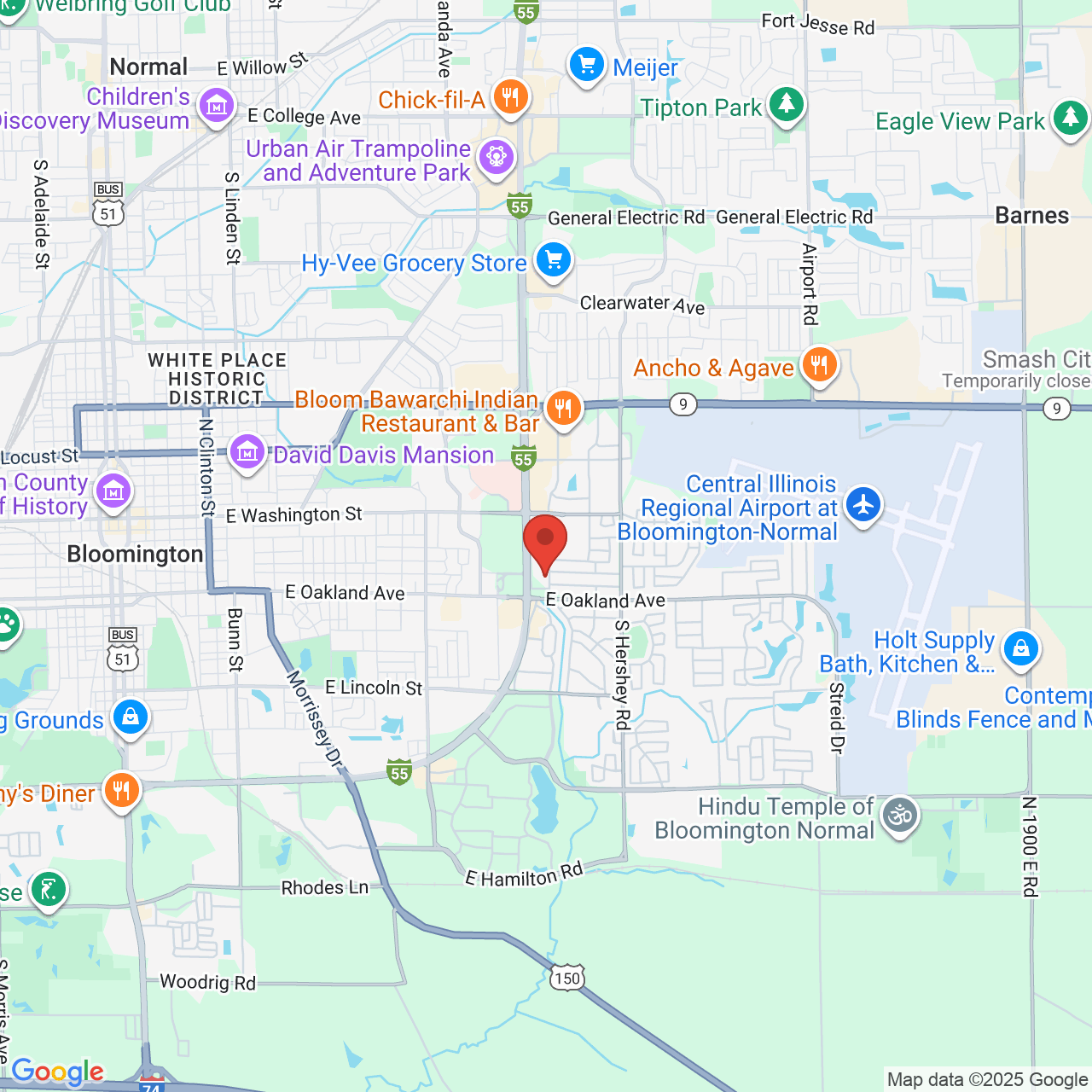What Is a Mouth Ulcer? Should I Take This Sore Seriously?

If you have a sore in your mouth, it may be painful and annoying. Most ulcers will go away on their own and do not require medical attention. However, some ulcers can be a symptom of something more serious.
Learn about the different types of ulcers and when you should visit our dentist's office in Bloomington, IL, for an exam.
Types of Mouth Ulcers
- Canker sores
- Oral lichen planus
- Leukoplakia
- Erythroplakia
- Oral thrush
- Mouth cancer
What Causes Mouth Ulcers?
Mouth ulcers can be caused by a variety of conditions and causes, including:
- Trauma or Injury - Ulcers can form from injury to the mouth, including something as simple as biting your lip or tongue.
- Allergic Reaction - Ulcers in the mouth can also be a symptom of an allergic reaction. If you experience multiple ulcers in your mouth, along with symptoms such as facial swelling or difficulty breathing, please seek emergency treatment immediately.
- Dental Work or Braces - Patients sometimes experience ulcers following dental work or braces. If you have braces and suffer from ulcers, dental wax can help prevent your brackets from rubbing. However, if you have wires that are poking you, your dentist can make adjustments to eliminate the cause of the sore and allow it to heal.
- Acidic Foods - Acidic or spicy foods are also known to cause ulcers, but these should go away on their own.
- Stress - Stress is a well-known cause of mouth ulcers. It can also make you more prone to biting your cheek or lips, which can also lead to ulcers.
- Antibiotics or Medications - Some medications are known to cause mouth ulcers. Antibiotics can cause oral thrush, which is a fungal infection in the mouth.
- Health Conditions - Some autoimmune disorders can cause you to develop mouth ulcers. Ulcers can also by a sign of oral cancers.
When Should You See a Dentist About Mouth Ulcers?
Most ulcers will go away on their own within about 10 to 14 days and are nothing to worry about.
However, you should seek dental care at our Bloomington office or emergency medical care if:
- You have any difficulty breathing. This could be a sign of a serious allergic reaction. Seek emergency medical treatment if this occurs!
- You develop large ulcers or abscesses.
- New ulcers form before old ones have healed.
- The ulcer does not go away within 3 weeks of developing.
- There is pain that cannot be managed at home with medication.
- The ulcers make it difficult to eat or drink.
- The ulcer is numb.
- You develop large ulcers.
- You develop additional symptoms such as fever or diarrhea.
Concerned About Mouth Ulcers?
While most mouth ulcers will go away on their own, if you have any concerns, you should speak to your dentist. We are more than happy to help you schedule an appointment with your dentist. Your dentist can perform an exam and provide treatment or medications. Drs. Wyse and Chrisman also offer emergency appointments to address pain or ulcers that may require more prompt treatment. For more information, contact our Bloomington dental office today.



